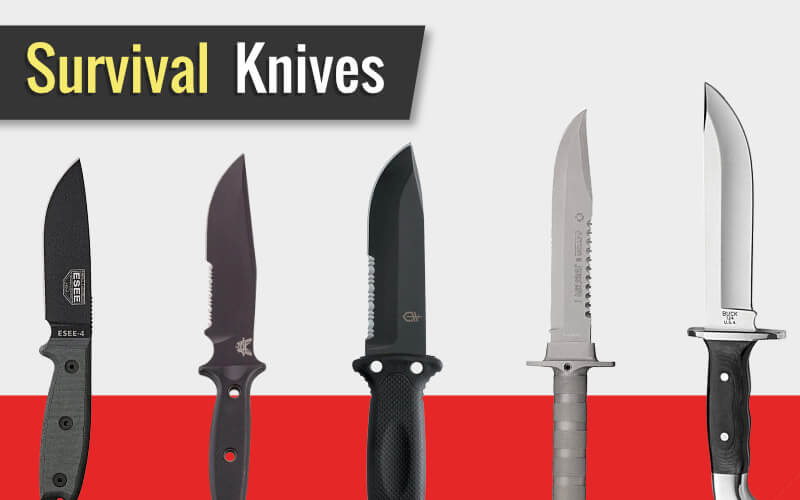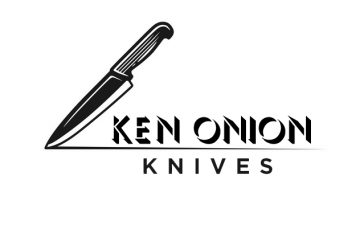
If you’re looking for the best steel for an outdoor knife, there are several different options to consider. These steels all have their benefits, and it can be difficult to decide which one is the best for your specific needs. Below you’ll find a few of the different types and alloys you can choose from.
CPM S30V
If you’re looking for a blade for your outdoor knife, you’ll want to consider the CPM S30V steel. This alloy offers excellent resistance to corrosion, wear, and edge chipping. It is also durable and reliable.
In addition to the high level of hardness, CPM S30V steel is resistant to abrasion and rust. The presence of chromium and vanadium improves abrasion resistance and toughness.
These two elements are especially important to the performance of a knife. Chromium forms a protective layer on the blade that keeps it from rusting and reacting to the environment. Both elements improve wear resistance, and the addition of molybdenum improves hardenability.
CPM-S35VN
When you are shopping for an outdoor knife, you will want to find a steel that will be tough, resistant to rust, and easy to sharpen. There are a variety of different types of steel that you can choose from. Choosing the right one will depend on how you intend to use the knife. The best choice may vary from manufacturer to manufacturer, so you should know what to look for.
Two of the best steels for outdoor knives are the S30V and the S35VN. These two steels offer great quality and affordability. They are also popular in the market.
The most important characteristic of a steel is its edge retention. Particle metallurgy steels are good for this because they distribute carbides evenly, resulting in a cleaner finish.
CPM-S110V
If you are looking for a steel to use for your outdoor knife, the best choice is CPM-S110V. Known for its great corrosion resistance, this alloy is also easy to sharpen. It can hold an edge for long and it is extremely hard.
This steel has a maximum hardness of 63.5 HRC. The main component is vanadium, which accounts for the toughness of the blade. Other elements include niobium, chromium and cobalt.
While these characteristics are important, steel is not the only thing you should consider when buying a knife. It’s also crucial to know how you will be using the blade.
For example, if you will be using it for hiking, you may want a steel with a higher level of toughness. Similarly, if you plan to use the blade in a humid environment, a steel with excellent corrosion resistance is a must.
D2 steel
If you’re in the market for a new outdoor knife, you’re likely looking for something with a tough blade. The best choice is likely to be a D2 steel knife. This tough steel holds an edge for a long time and is ideal for many cutting chores.
This tough steel has a high chromium content, which gives it excellent wear resistance and corrosion resistance. A large number of custom knife makers use this steel.
Many knife enthusiasts consider this a step up from basic stainless steel. It can be hardened past 62 HRC without being brittle, and offers good edge retention. However, it’s not the best choice for sharpened pry bars or forged knives.
N680
When you want to choose a good knife for an outdoor activity, it’s important to know what kind of steel to look for. In general, you need to be able to balance toughness and strength in your knife. But you need to do this based on your own preferences, too.
If you’re looking for a durable, rust-resistant blade for an outdoor task, N680 is a great choice. It’s an affordable steel that offers good corrosion resistance. You can also find knives made from this steel that are resistant to chipping and breaking.
Unlike stainless steel, N680 does not rust easily. It’s also easy to sharpen. These features make it a great choice for many types of knives. The material is particularly suitable for salt water applications.
Titanium alloys
Titanium is a metal that has gained a lot of popularity in the knife industry. It is a light metal that is corrosion resistant and has very high tensile strength. As a result, it is used to make blades and handles in the knife industry.
One of the advantages of titanium is its ability to withstand freezing temperatures. This makes it a great choice for outdoor knives.
Another important benefit is its ability to resist corrosion. Rusting can destroy a knife and cause it to break in pieces. To prevent this from happening, you should avoid exposing your knife to water or food.
